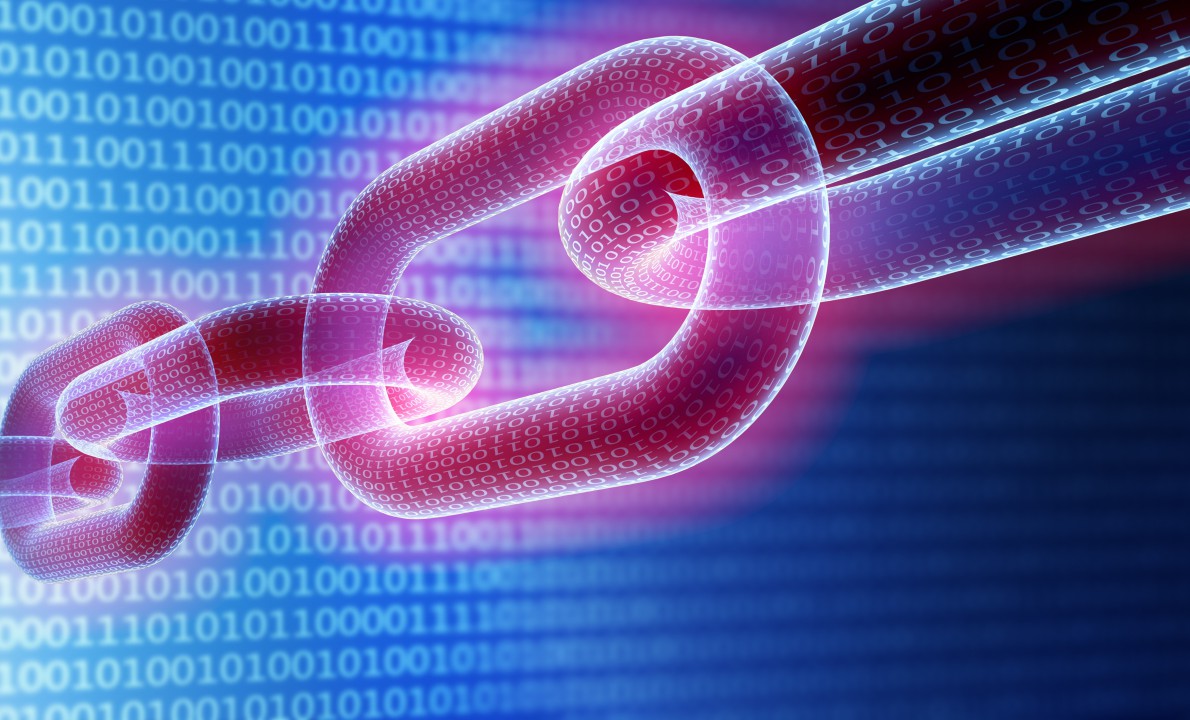Blockchain has quickly become one of the most hyped technologies of the 21st century. Ever since its introduction in 2008, it has taken the public’s imagination by storm, with blockchain entrepreneurs trying to ‘disrupt’ every industry you can think of. One of the reasons behind the obsession with this technology is probably its contribution to transparency and accountability. However, those terms are quite broad and what they cover is probably different for every industry. For food distribution, blockchain might provide several major benefits that could one day improve not only your operations but the quality of products being delivered to your customers as well. Here are a few benefits that we could possibly one day see from using blockchain in food distribution.
Complete Chain of Custody
With distributed information accessible to everyone on a blockchain network, things get extremely transparent. You can access every type of information you may need regarding a particular product and tie it to its custodian at every step. For companies, this could mean complete accountability for every action that is taken during the entire distribution process. Right from the time the product reached your warehouse to the time you delivered it to its destination, everything would stay on the record. Having financial roots means you could also calculate things like risk levels and find out problems that may exist, all the way back to the product’s origin. By integrating with people on both ends of the distribution network, you can provide a completely transparent picture and this can then be shared with customers as well provide them with a comprehensive history and quality information of the product that they are buying.
Food Safety
One of the biggest concerns with food is keeping it safe for consumption and making sure it is properly handled. With a blockchain network, you could use the shared ledger to gather data on not only the distribution process but also the quality standards that the food should be meeting. This could include several different certifications like ISO standards, kosher and halal products, and overall quality control procedures as well. Having this information readily accessible could ensure that every step is taken care of strictly, to avoid any incidents. Being careless would simply not be an option because the problem would immediately be caught by the system and traced to the responsible party.
Ready Access to Information
What makes food distribution especially unique when compared to other distribution types is the added set of rules. All these rules would only be effective if there is proper accountability behind them. Without that, it would be impossible to maintain high-quality standards. The auditing that government inspection agencies conduct frequently is a part of this. Having a blockchain network would ensure that every piece of information needed for such audits can be accessed readily, thereby making the process of audit and approval smooth and easy to manage. You would no longer need to disrupt day to day operations just to get access to specific information regarding your distribution network for auditing purposes.











